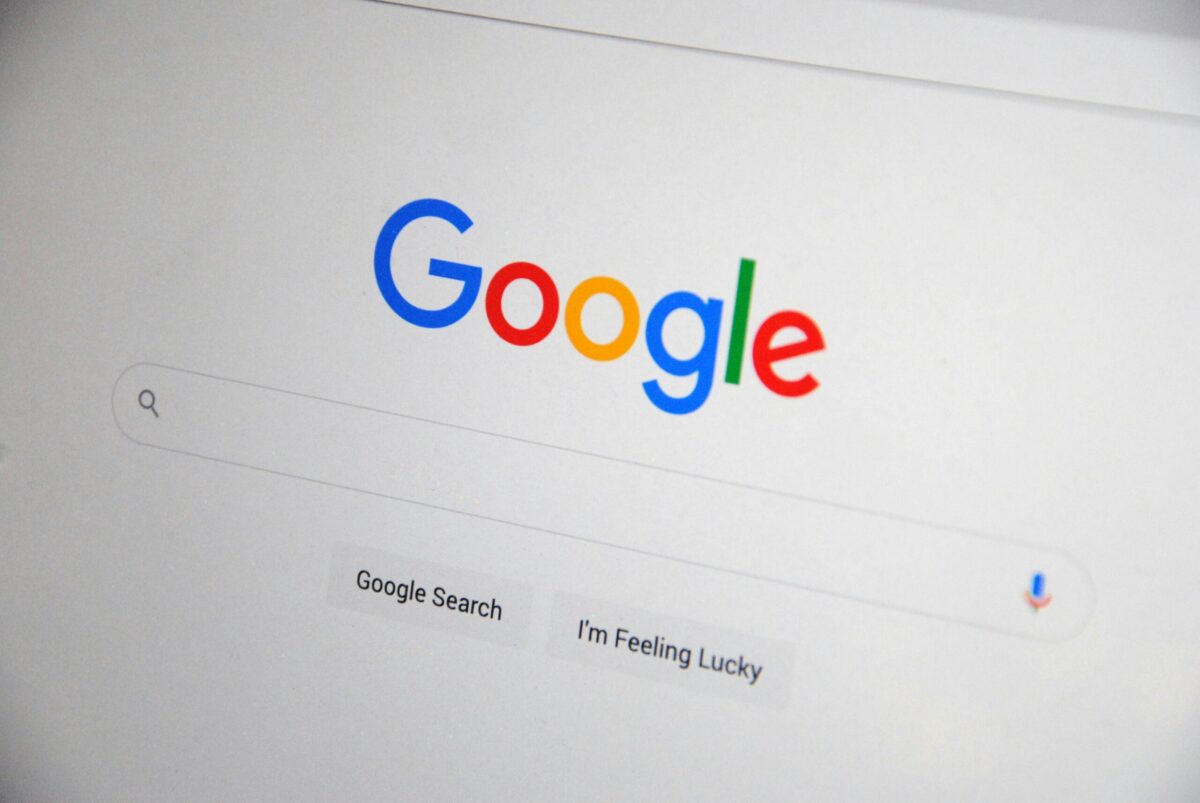Google recently revealed a major breakthrough in quantum computing with its new chip, Willow.
This chip can solve incredibly complex problems in just a few minutes—problems that would take today’s supercomputers trillions of years to handle.
While this advancement shows promise for various fields, it has raised questions about its potential impact on cryptocurrencies.
Quantum computing has long been seen as the next big leap in technology, but it faces one major challenge: errors.
Quantum computers rely on ‘qubits’, which are the basic units of quantum information. Unlike regular computer bits, which can be either a 0 or a 1, qubits can exist in multiple states at once. This allows quantum computers to perform many calculations simultaneously.
However, qubits are highly sensitive to their surroundings. This makes them prone to errors, as they can easily lose the information they are processing. Hartmut Neven, who leads Google’s Quantum AI team, explained the problem.
“Errors are one of the greatest challenges in quantum computing…making it difficult to protect the information needed to complete a computation,” said Neven.
Google’s Willow chip has made progress by drastically reducing these errors. According to Neven, the chip can correct errors as it performs computations, even as the number of qubits increases. This marks a major step toward making quantum computers reliable and useful.
The potential applications are enormous. Quantum computers could help solve problems like climate modelling, drug discovery, and even understanding the mysteries of the universe.
“This mind-boggling number exceeds known timescales in physics and vastly exceeds the age of the universe,” Neven said, referring to Willow’s ability to perform tasks at incredible speed.
An expert in quantum computing from Classiq, Dr Erik Garcell, praised this development. He noted that Willow’s improved error correction is a big deal.
“They’re not adding up as much noise as you do computations, and this is a really good improvement for superconducting qubits”, Garcell said.
Is crypto at risk from quantum computing?
As quantum computing advances, concerns are growing about its impact on encryption—the backbone of blockchain technology and cryptocurrencies.
Encryption methods like RSA are designed to be secure against current computing power. However, quantum computers could potentially break these encryption codes, putting crypto assets at risk.
The CEO of Ava Labs, Emin Gün Sirer, acknowledged the progress made by Google but also expressed concerns. He pointed out that early Bitcoin addresses using the P2PK (pay-to-public-key) format could be vulnerable.
This format reveals the public key, which quantum computers might one day exploit. Sirer suggested a solution for the crypto community: freezing certain Bitcoin addresses, such as those associated with Satoshi Nakamoto, if quantum threats become real.
Despite these concerns, not everyone believes crypto is under immediate threat. Kevin Rose, a former Google senior product manager, explained that Willow’s 105 qubits are far from the power needed to break Bitcoin’s encryption.
He estimated that a quantum computer would need 13 million qubits to achieve this within 24 hours. “Willow is still far from being a cryptocurrency danger”, Rose stated.
A step closer to real-world applications
While Willow’s breakthroughs are impressive, quantum computing is still in its early stages. Google tested the chip using a performance benchmark called Random Circuit Sampling, which measures how well a quantum computer performs compared to traditional ones.
The results showed progress, but the next step is proving that quantum computers can solve real-world problems.
Dr Garcell believes that advancements like Willow could lead to quantum computers being used in business within the next few years.
“This advancement…definitely sped up my personal view of when quantum will start bringing value to companies”, he said.
Businesses may soon start using quantum computers alongside their existing systems to solve problems faster and more efficiently.
The ultimate test for quantum computing will be whether it can provide practical benefits. As Garcell put it, “What’s really going to matter is when it starts making people money”.
Companies will weigh whether using a quantum computer makes more sense than relying on traditional systems.


